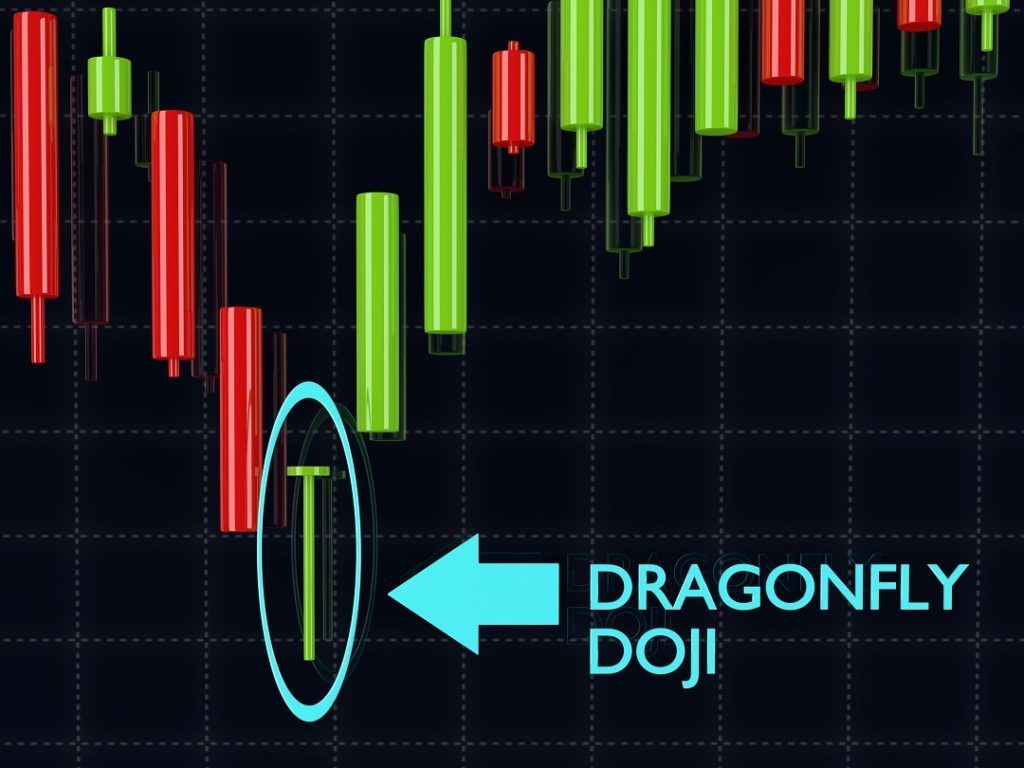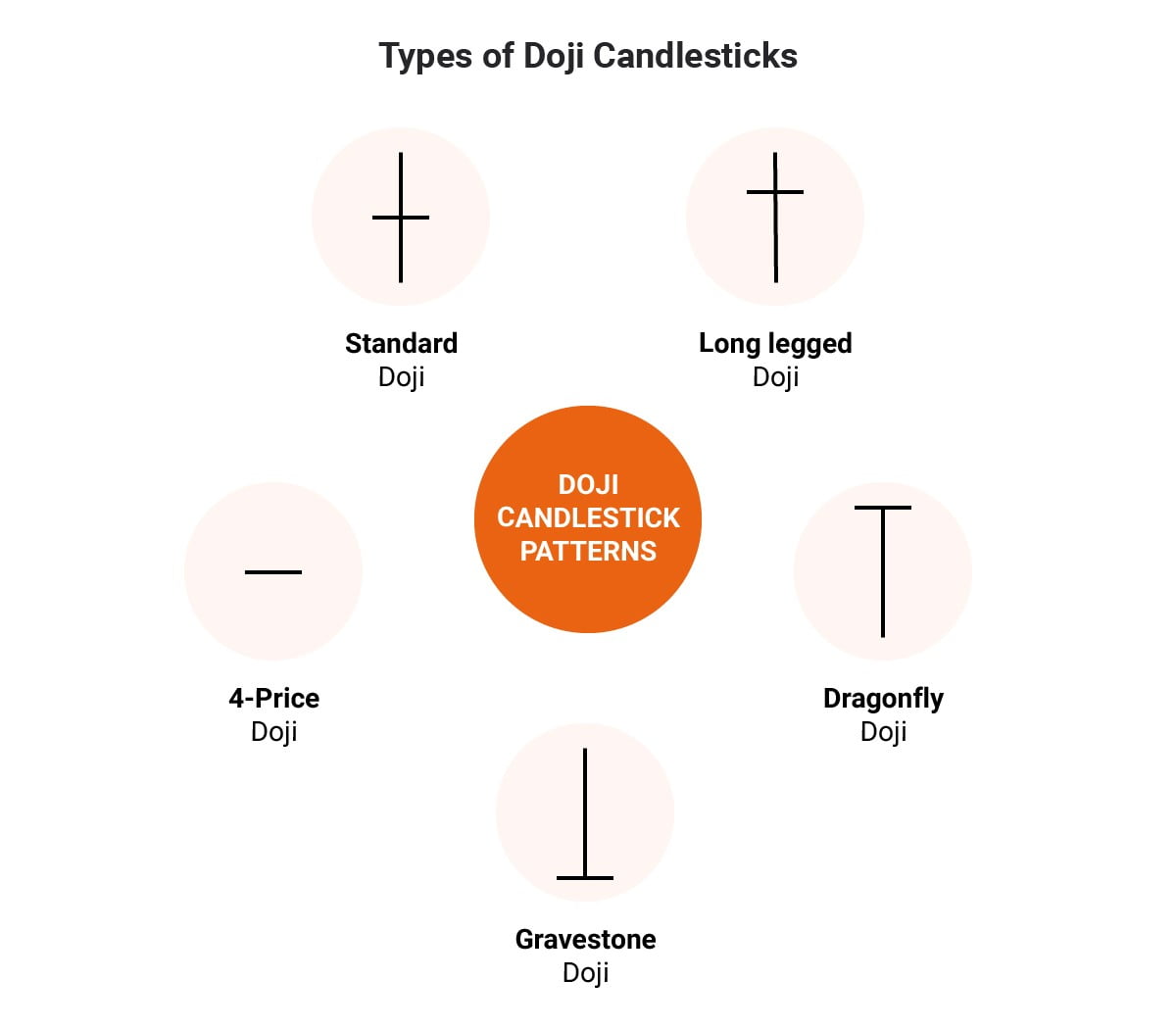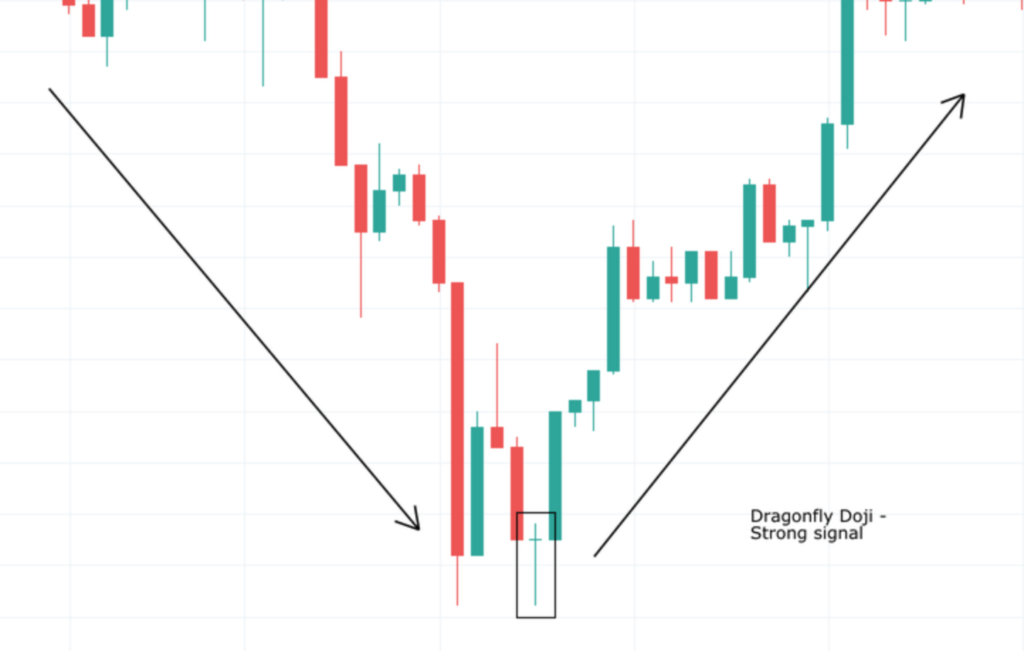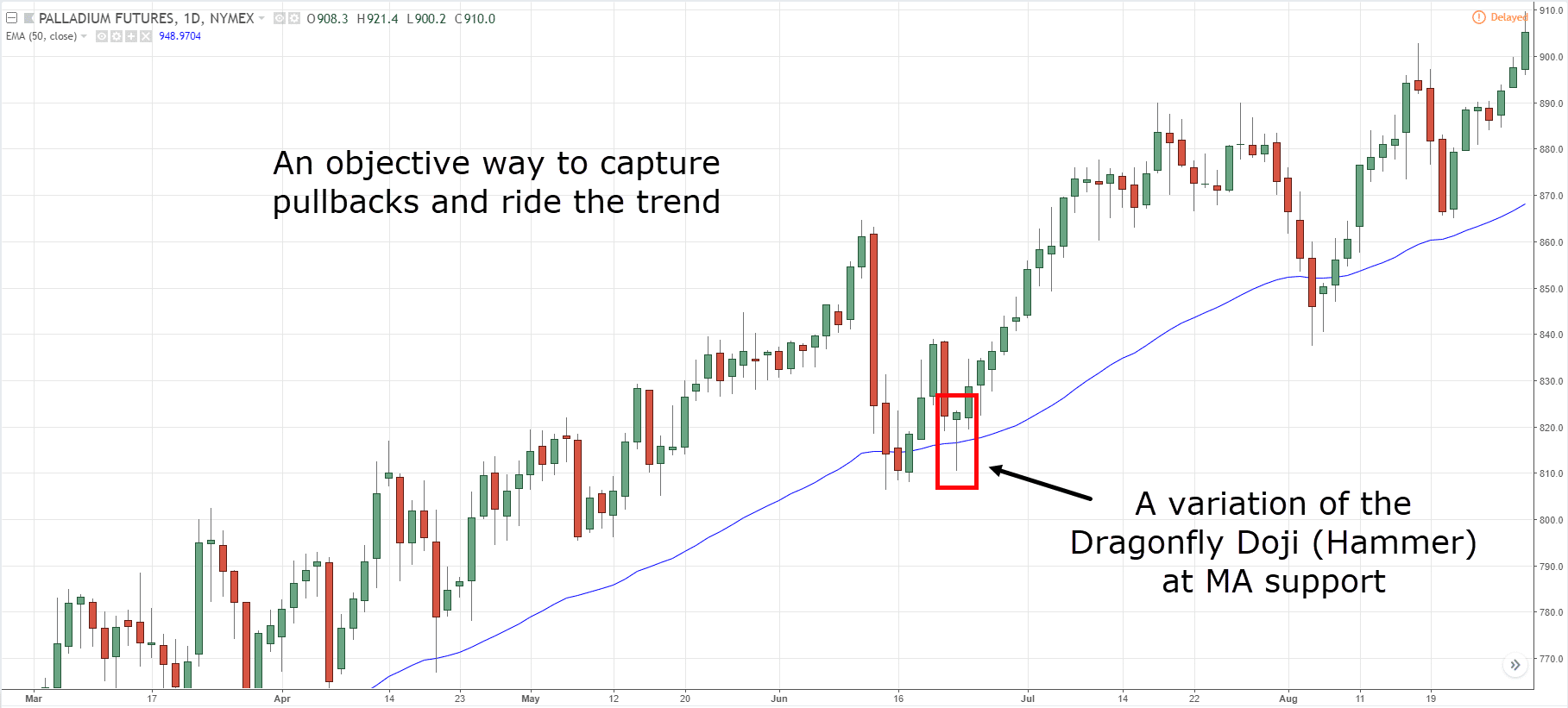Dragonfly Doji Candlestick Pattern Meaning - A dragonfly doji is a candlestick pattern described by the open, high, and close prices equal or very close to each other, while the low of the period is significantly lower than the. A dragonfly doji indicates a potential price reversal to the downside or upside, depending on previous price action. They look like a hammer candlestick but have much thinner real bodies. A dragonfly doji candlestick is typically a bullish candlestick reversal pattern found at the bottom of downtrends. What is a dragonfly doji candlestick pattern? They are also found at support levels. The dragonfly doji is a candlestick pattern that can. Dragonfly doji is a candle pattern with no real body and a long downward shadow. It occurs when the asset’s high, open,. The dragonfly doji is typically interpreted as a bullish reversal candlestick chart pattern that mainly occurs at the bottom of downtrends.
A dragonfly doji indicates a potential price reversal to the downside or upside, depending on previous price action. They look like a hammer candlestick but have much thinner real bodies. A dragonfly doji is a type of candlestick pattern that can signal a potential reversal in price to the downside or upside, depending on past price action. It occurs when the asset’s high, open,. The dragonfly doji is a candlestick pattern that can. What is a dragonfly doji candlestick pattern? They are also found at support levels. A dragonfly doji candlestick is typically a bullish candlestick reversal pattern found at the bottom of downtrends. The dragonfly doji is typically interpreted as a bullish reversal candlestick chart pattern that mainly occurs at the bottom of downtrends. Dragonfly doji is a candle pattern with no real body and a long downward shadow.
They are also found at support levels. A dragonfly doji is a candlestick pattern described by the open, high, and close prices equal or very close to each other, while the low of the period is significantly lower than the. A dragonfly doji is a type of candlestick pattern that can signal a potential reversal in price to the downside or upside, depending on past price action. What is a dragonfly doji candlestick pattern? A dragonfly doji candlestick is typically a bullish candlestick reversal pattern found at the bottom of downtrends. Dragonfly doji is a candle pattern with no real body and a long downward shadow. The dragonfly doji is a candlestick pattern that can. It occurs when the asset’s high, open,. The dragonfly doji is typically interpreted as a bullish reversal candlestick chart pattern that mainly occurs at the bottom of downtrends. They look like a hammer candlestick but have much thinner real bodies.
Dragonfly Doji Pattern Examples, Hints and Trading Strategies
It occurs when the asset’s high, open,. A dragonfly doji is a type of candlestick pattern that can signal a potential reversal in price to the downside or upside, depending on past price action. The dragonfly doji is typically interpreted as a bullish reversal candlestick chart pattern that mainly occurs at the bottom of downtrends. They are also found at.
Dragonfly Doji Candlestick How To Use on Trading, Limitations
A dragonfly doji candlestick is typically a bullish candlestick reversal pattern found at the bottom of downtrends. A dragonfly doji is a candlestick pattern described by the open, high, and close prices equal or very close to each other, while the low of the period is significantly lower than the. A dragonfly doji is a type of candlestick pattern that.
What Is a Doji Candle Pattern and What Does It Tell You?
The dragonfly doji is typically interpreted as a bullish reversal candlestick chart pattern that mainly occurs at the bottom of downtrends. A dragonfly doji candlestick is typically a bullish candlestick reversal pattern found at the bottom of downtrends. They look like a hammer candlestick but have much thinner real bodies. They are also found at support levels. A dragonfly doji.
Dragonfly & Gravestone Doji Candlestick Easy Examples
The dragonfly doji is a candlestick pattern that can. A dragonfly doji is a type of candlestick pattern that can signal a potential reversal in price to the downside or upside, depending on past price action. A dragonfly doji is a candlestick pattern described by the open, high, and close prices equal or very close to each other, while the.
A Dragonfly Doji Candlestick Pattern Definition, Interpretation, and
A dragonfly doji is a type of candlestick pattern that can signal a potential reversal in price to the downside or upside, depending on past price action. A dragonfly doji candlestick is typically a bullish candlestick reversal pattern found at the bottom of downtrends. A dragonfly doji is a candlestick pattern described by the open, high, and close prices equal.
Candlestick Patterns The Definitive Guide [UPDATED 2022]
The dragonfly doji is typically interpreted as a bullish reversal candlestick chart pattern that mainly occurs at the bottom of downtrends. A dragonfly doji indicates a potential price reversal to the downside or upside, depending on previous price action. The dragonfly doji is a candlestick pattern that can. A dragonfly doji is a candlestick pattern described by the open, high,.
Dragonfly Doji How to Spot and Trade Candlestick Patterns Freedom
The dragonfly doji is typically interpreted as a bullish reversal candlestick chart pattern that mainly occurs at the bottom of downtrends. A dragonfly doji candlestick is typically a bullish candlestick reversal pattern found at the bottom of downtrends. A dragonfly doji is a candlestick pattern described by the open, high, and close prices equal or very close to each other,.
Dragonfly Doji Candlestick Definition and Tactics
They look like a hammer candlestick but have much thinner real bodies. The dragonfly doji is typically interpreted as a bullish reversal candlestick chart pattern that mainly occurs at the bottom of downtrends. They are also found at support levels. A dragonfly doji indicates a potential price reversal to the downside or upside, depending on previous price action. The dragonfly.
Dragonfly Doji Candlestick Pattern Best Analysis
A dragonfly doji candlestick is typically a bullish candlestick reversal pattern found at the bottom of downtrends. A dragonfly doji is a candlestick pattern described by the open, high, and close prices equal or very close to each other, while the low of the period is significantly lower than the. A dragonfly doji indicates a potential price reversal to the.
The Complete Guide to Doji Candlestick Pattern
They are also found at support levels. A dragonfly doji candlestick is typically a bullish candlestick reversal pattern found at the bottom of downtrends. A dragonfly doji indicates a potential price reversal to the downside or upside, depending on previous price action. The dragonfly doji is a candlestick pattern that can. It occurs when the asset’s high, open,.
A Dragonfly Doji Indicates A Potential Price Reversal To The Downside Or Upside, Depending On Previous Price Action.
A dragonfly doji is a type of candlestick pattern that can signal a potential reversal in price to the downside or upside, depending on past price action. It occurs when the asset’s high, open,. The dragonfly doji is typically interpreted as a bullish reversal candlestick chart pattern that mainly occurs at the bottom of downtrends. They are also found at support levels.
They Look Like A Hammer Candlestick But Have Much Thinner Real Bodies.
A dragonfly doji candlestick is typically a bullish candlestick reversal pattern found at the bottom of downtrends. A dragonfly doji is a candlestick pattern described by the open, high, and close prices equal or very close to each other, while the low of the period is significantly lower than the. The dragonfly doji is a candlestick pattern that can. What is a dragonfly doji candlestick pattern?


:max_bytes(150000):strip_icc()/DojiDefinition-efc3ba7213db4200a0a69f354369960b.png)

![Candlestick Patterns The Definitive Guide [UPDATED 2022]](https://www.alphaexcapital.com/wp-content/uploads/2020/04/Dragonfly-Doji-Candlestick-Patterns-Example-by-Alphaex-Capital-1030x1030.png)

:max_bytes(150000):strip_icc()/dotdash_Final_Dragonfly_Doji_Candlestick_Definition_and_Tactics_Nov_2020-01-eb0156a30e9745b687c8a65e93f54b07.jpg)

